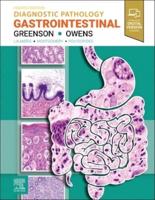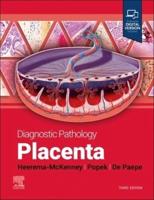Publisher's Synopsis
Molecular diagnostics are increasingly used to help guide targeted therapy in solid organ tumors and hematologic malignancies. A large proportion of molecular testing is performed on limited-volume samples obtained via minimally invasive techniques, such as fine needle aspiration. Increasingly, cytopathologists play an essential role in this process, both in the triage of specimens during rapid on-site evaluation and in the evaluation of archival samples to determine suitability for ancillary testing. Therefore, it is imperative that practicing cytopathologists stay abreast of up-to-date diagnostic, prognostic, and predictive ancillary tests that can be used on limited cytologic material. This is a challenge since the landscape of known genomic alterations is constantly evolving and the subsequent set of testing options is ever expanding.








